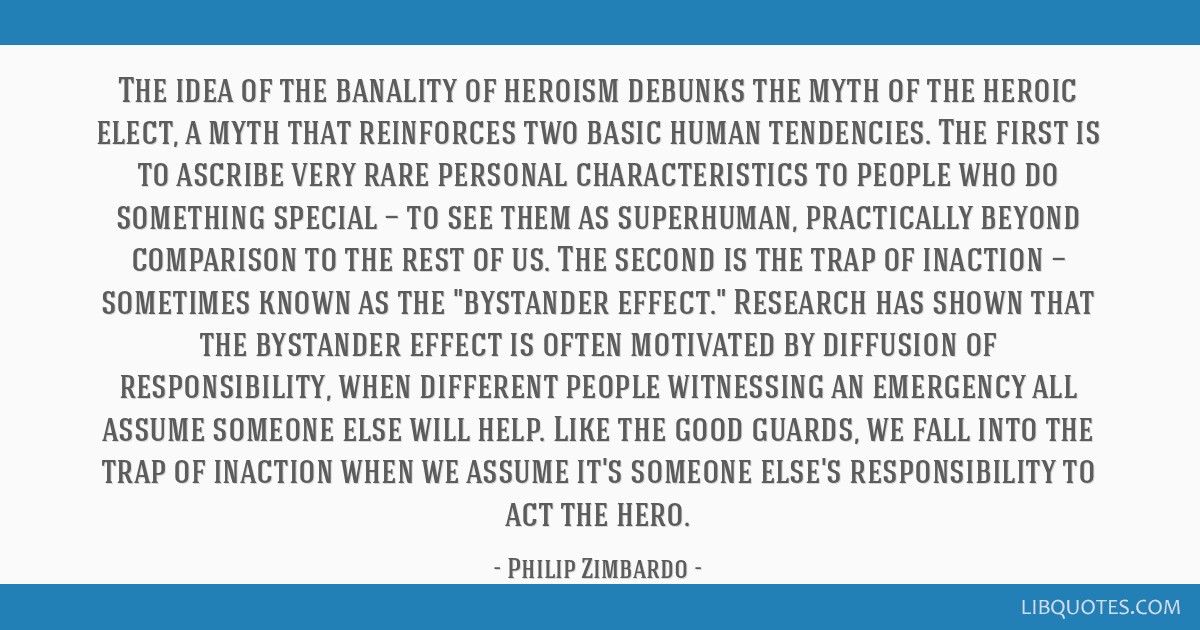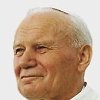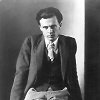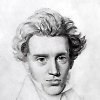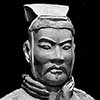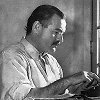The idea of the banality of heroism debunks the myth of the heroic elect, a myth that reinforces two basic human tendencies. The first is to ascribe very rare personal characteristics to people who do something special — to see them as superhuman, practically beyond comparison to the rest of us. The second is the trap of inaction — sometimes known as the "bystander effect." Research has shown that the bystander effect is often motivated by diffusion of responsibility, when different people witnessing an emergency all assume someone else will help. Like the good guards, we fall into the trap of inaction when we assume it's someone else's responsibility to act the hero.
"The Banality of Heroism" in The Greater Good (Fall/Winter 2006/2007), co-written with Zeno Franco
